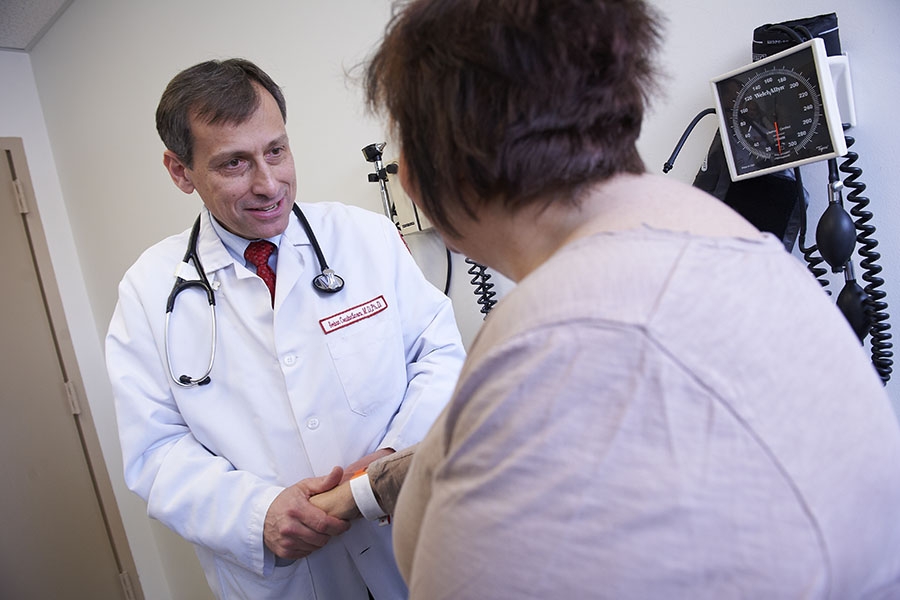The above information is from the National Kidney and Urologic Diseases Information Clearinghouse (NKUDIC), a service of the National Institute of Diabetes and Digestive and Kidney Diseases (NIDDK). The NIDDK is part of the National Institutes of Health of the U.S. Department of Health and Human Services. Publications produced by the Clearinghouse are carefully reviewed by both NIDDK scientists and outside experts.
Kidney Transplant Frequently Asked Questions
If your kidneys are no longer performing properly and/or you are on dialysis, you are a candidate. Your nephrologist is the best person to assess your condition and advise you on a course of action, which can change your life for the better.
There are many advantages to transplantation, including freedom from dialysis as well as diet and fluid restriction. Most important, however, is the quality of life a patient enjoys after transplantation. Patients are able to perform most, if not all, of the activities they were able to perform before the onset of kidney disease: work, exercise, recreational activities, etc.
Surgery is always serious. Transplant surgery is no different. However, the success rate for a transplant where the donor is a relative is 98 percent while a transplant from a deceased donor is 85 percent. So chances for a successful procedure are quite high.
Your Temple transplant team will give you a complete and thorough examination for medical and emotional conditions.
The ideal donor is a living relative or friend. Their participation not only makes the procedure more convenient, but statistics show that these kinds of transplants are usually the most successful. Cadaver donors are the most common source of organs and have resulted in a large number of successful transplants.
Your transplant and subsequent treatment will be performed by an experienced kidney transplant team.
Kidney transplants are done with the most advanced techniques. A transplant takes about 4-5 hours under general anesthetic. An incision is made on the lower right or left hand side of the abdomen for the kidney transplant. The new kidney is attached directly to the bladder and blood vessels.
You should be out of bed by the next day and eating shortly thereafter. Medication to control organ rejection will be given to you. Within days you will be walking and stretching. As you get stronger, you’ll be able to exercise even more. After several months, you’ll feel good enough to return to all your normal activities with renewed vigor.
A transplant can improve your life greatly. You will be free from dialysis and all the medical and personal problems associated with it. You will also look and feel healthier which will allow you to enjoy life more fully.
Medicare usually pays for both surgery and follow-up medication. Patients enrolled in the Pennsylvania Medical Assistance Program are also covered. Additional sources of payment might include private insurance, the state renal plan and patient’s personal funds.

